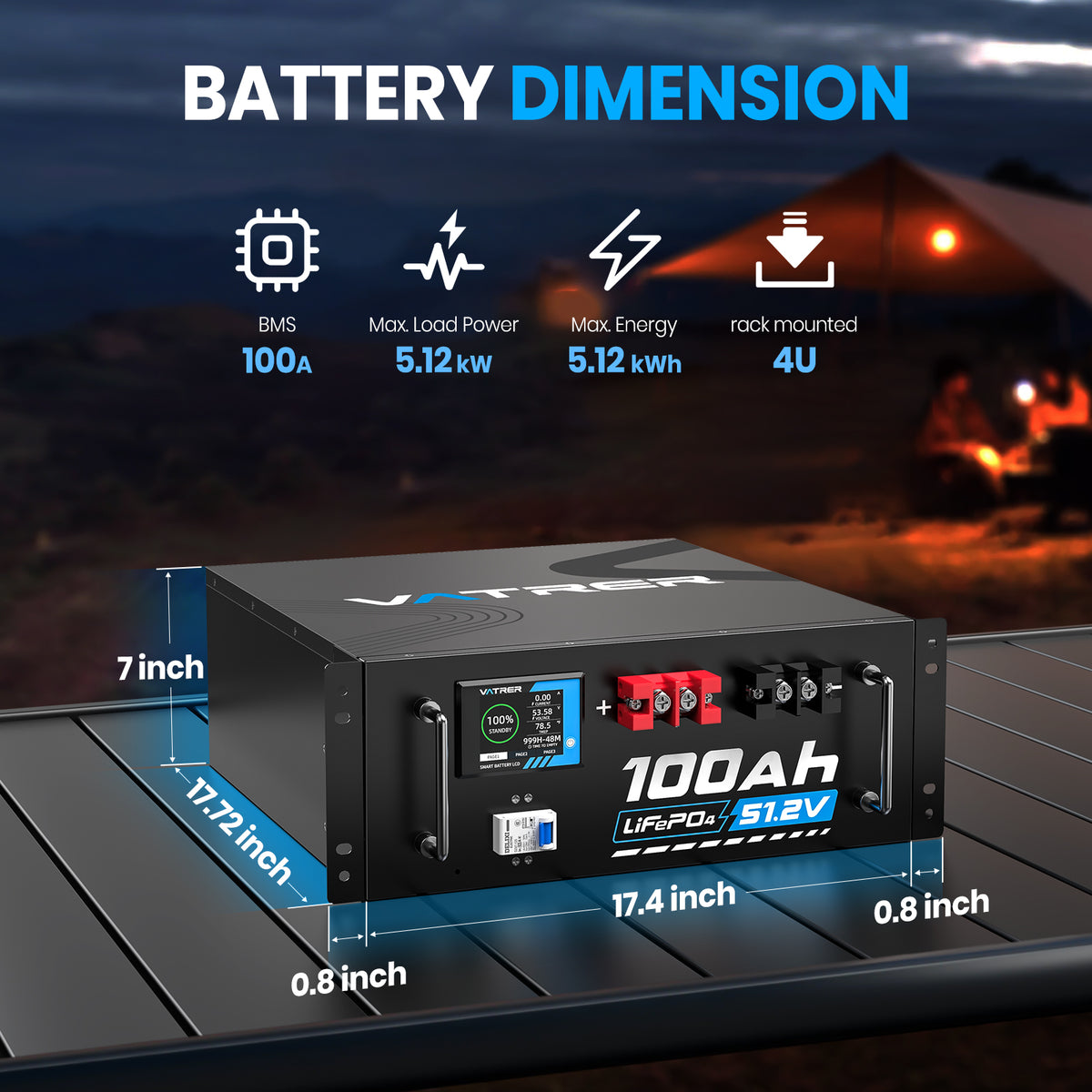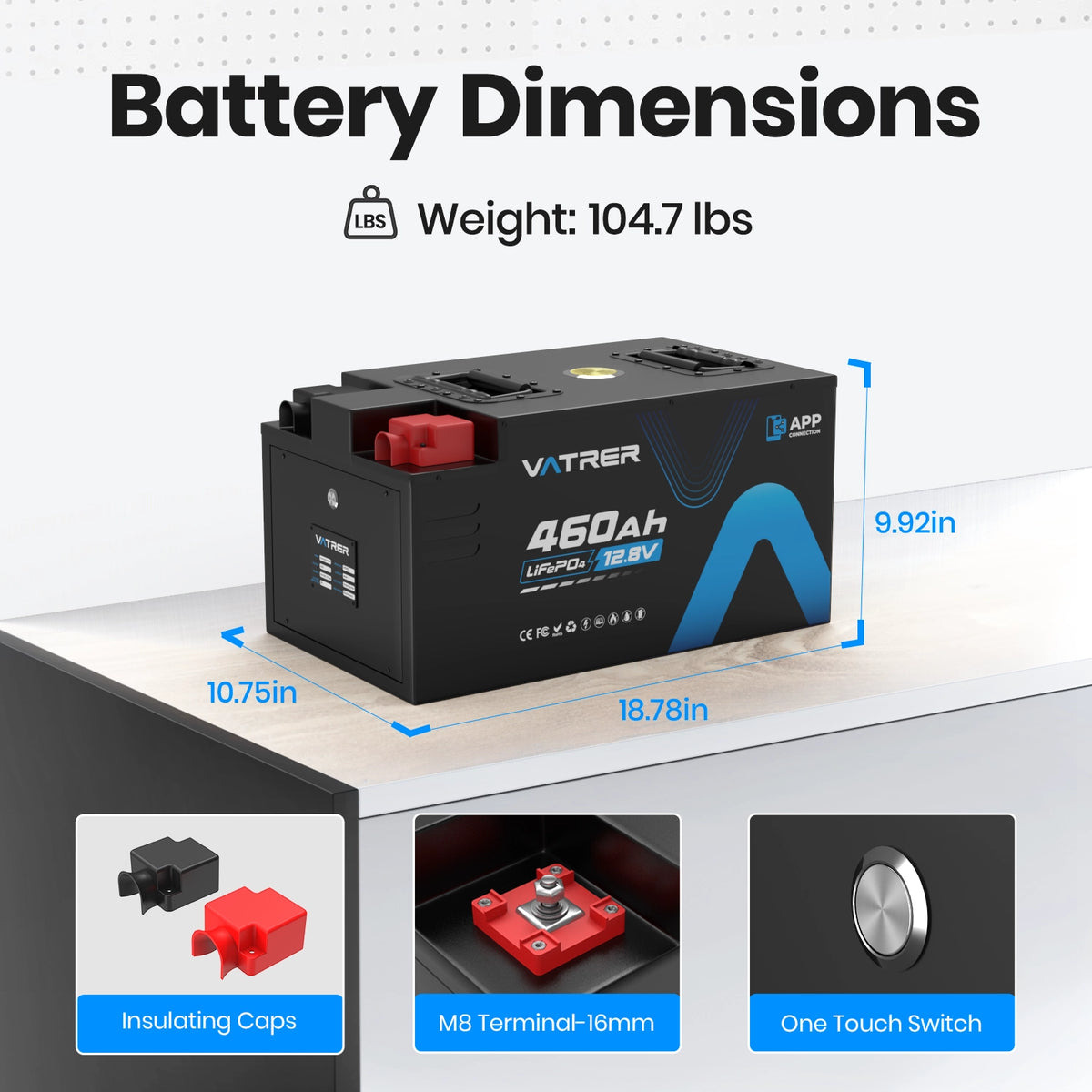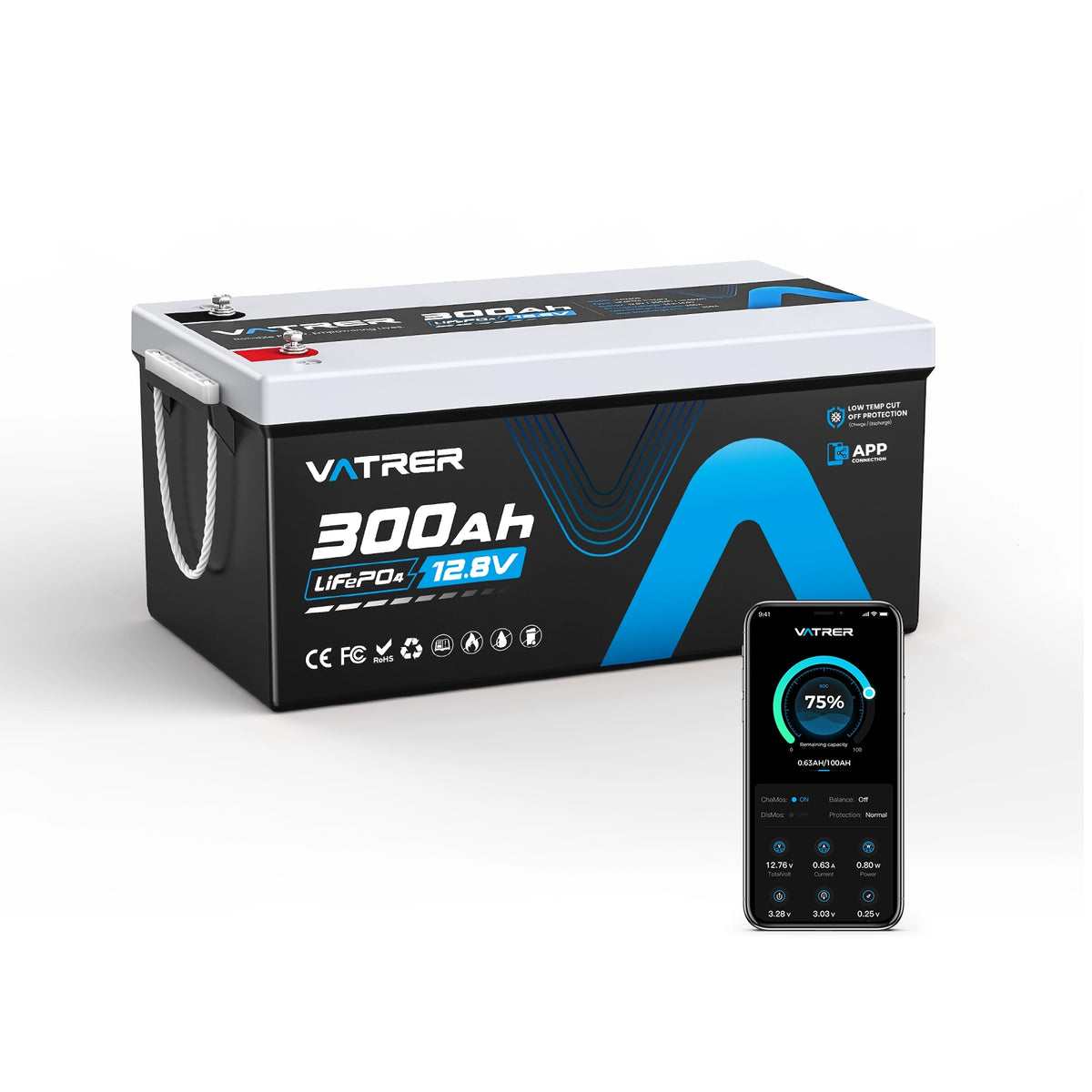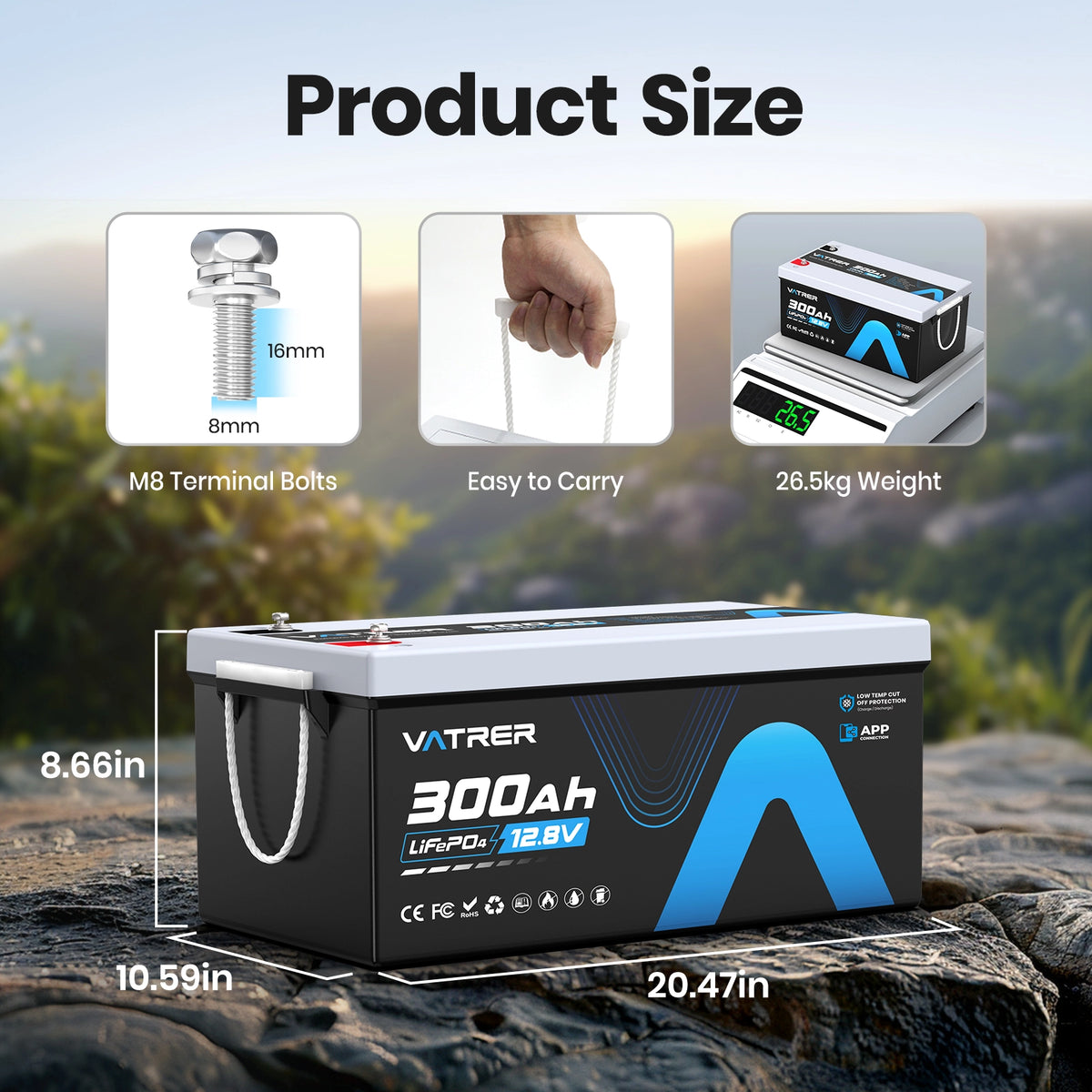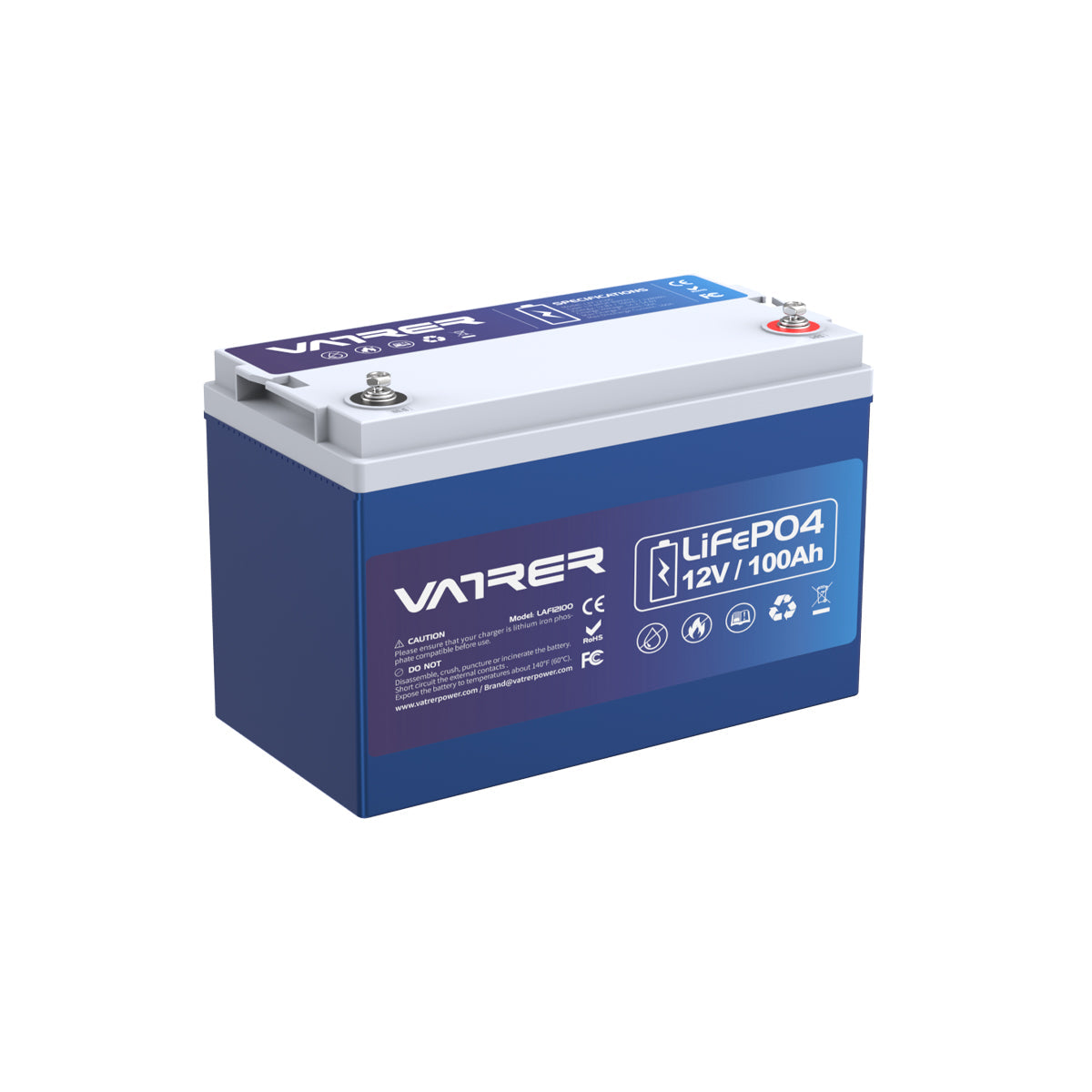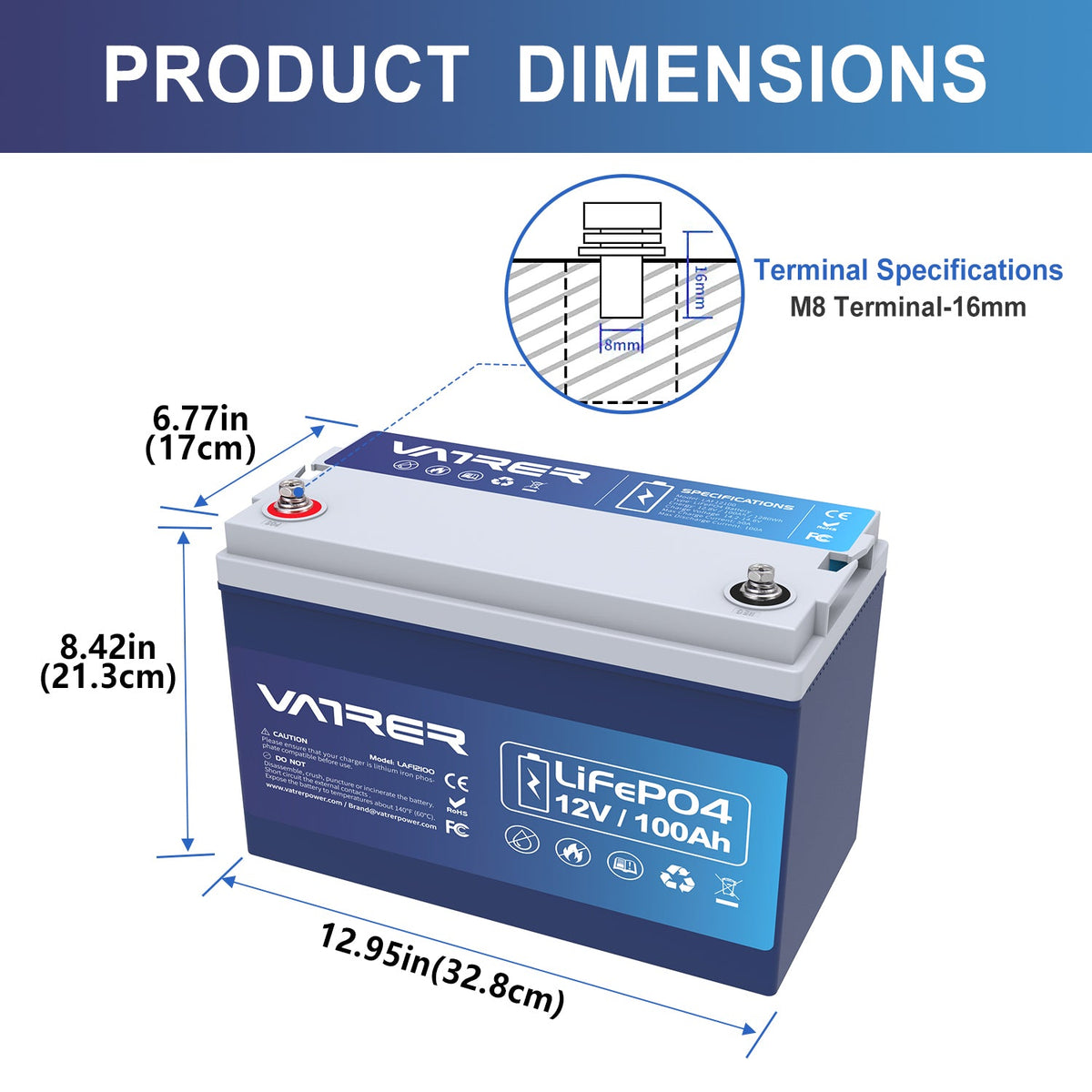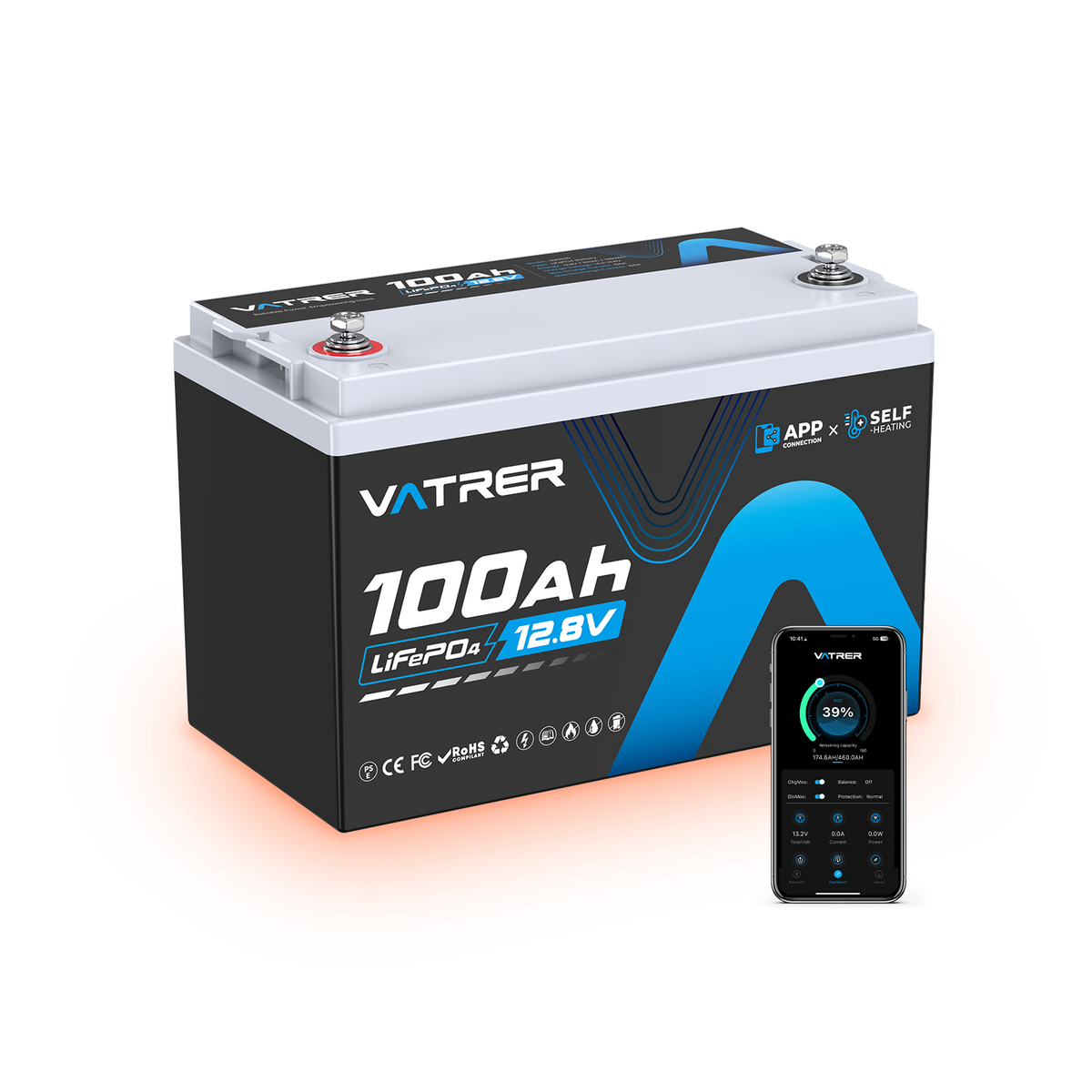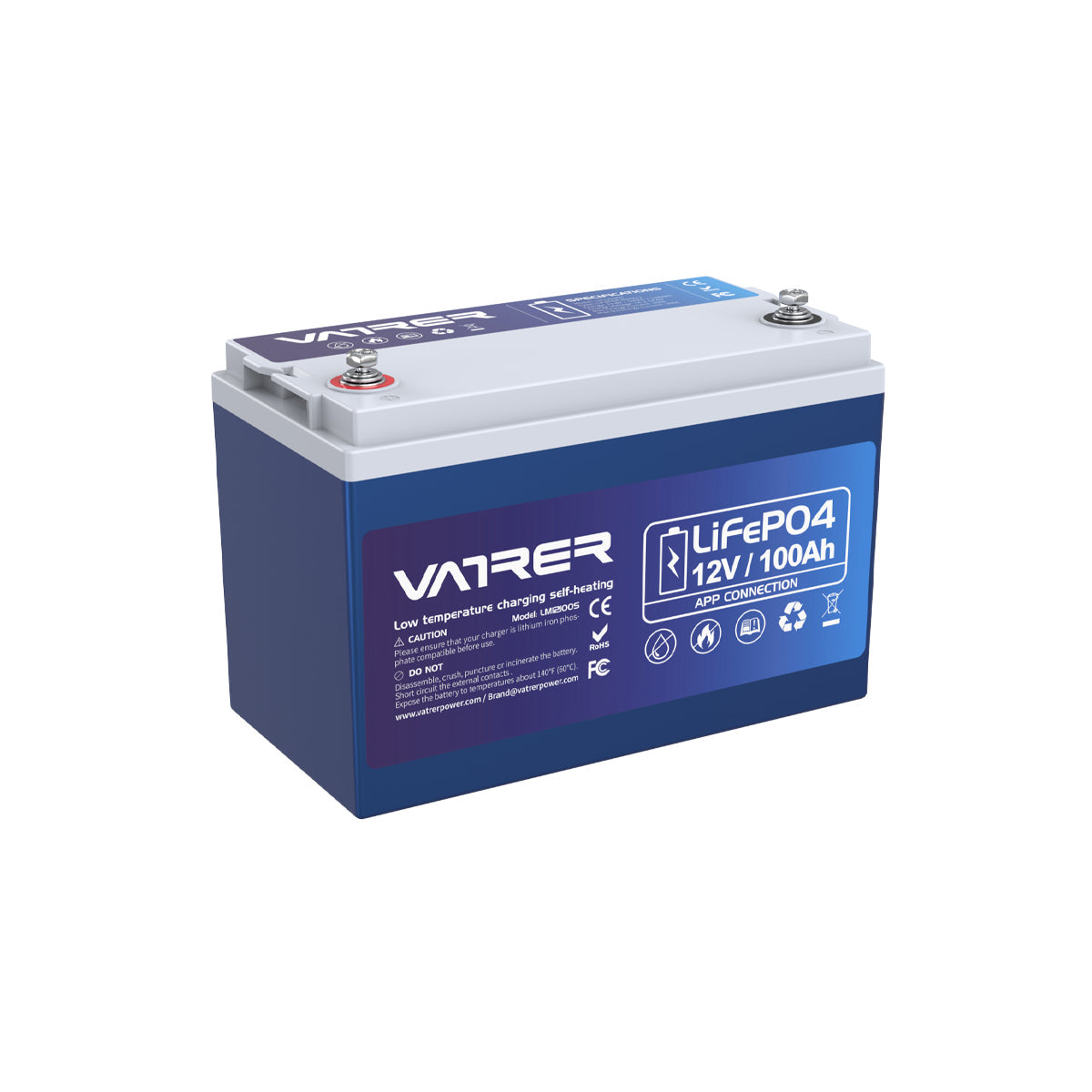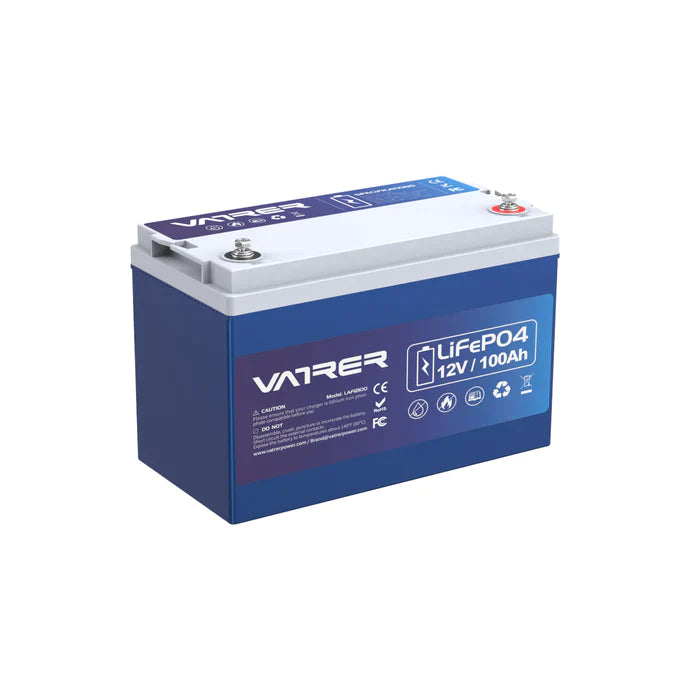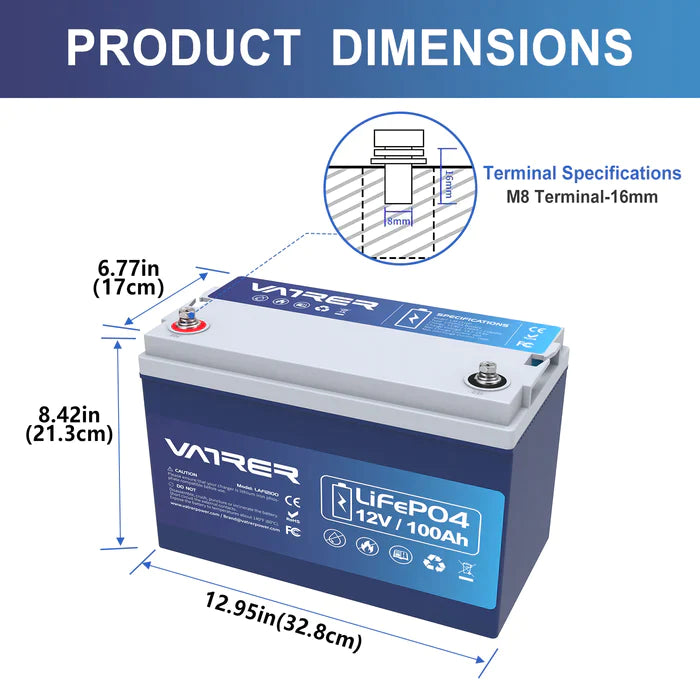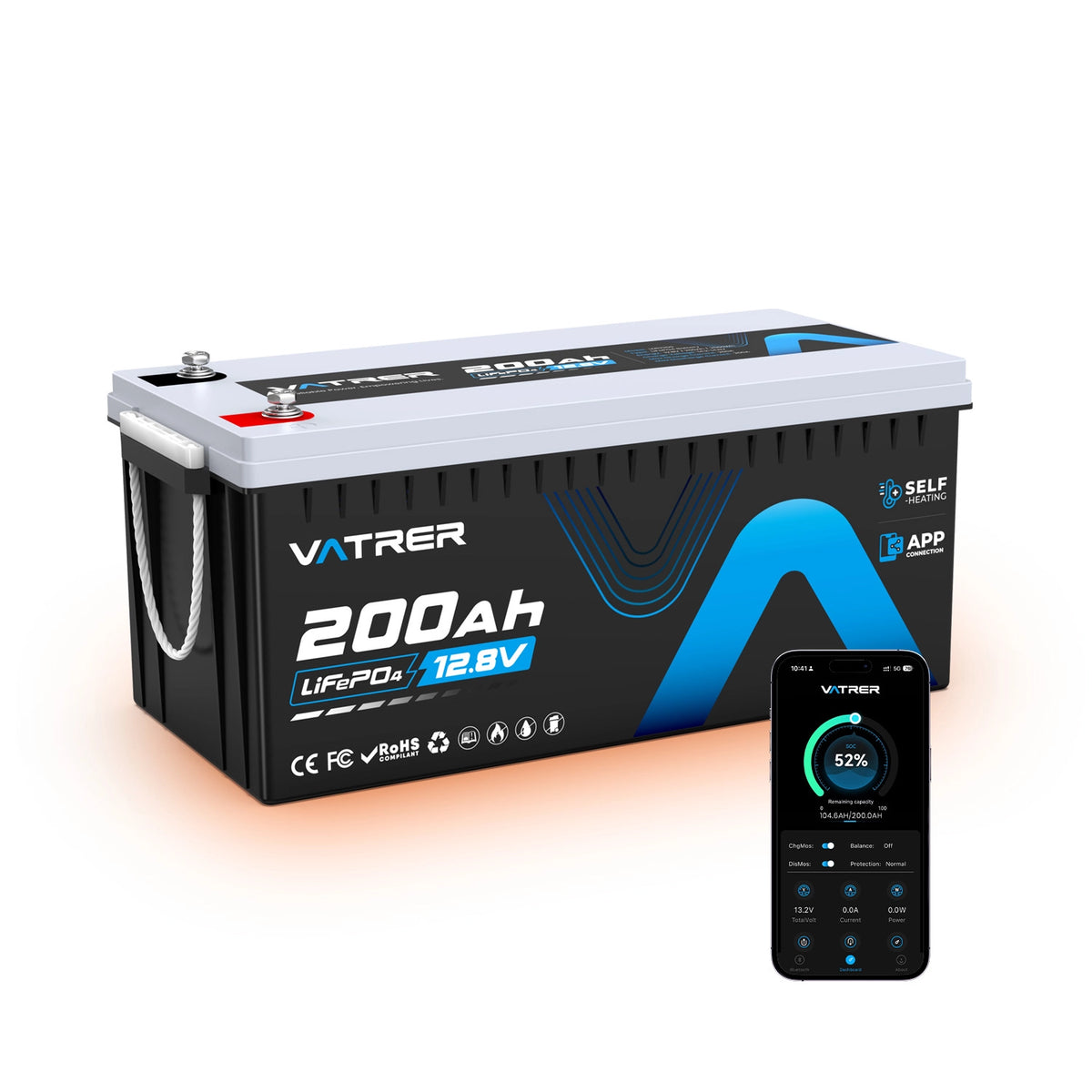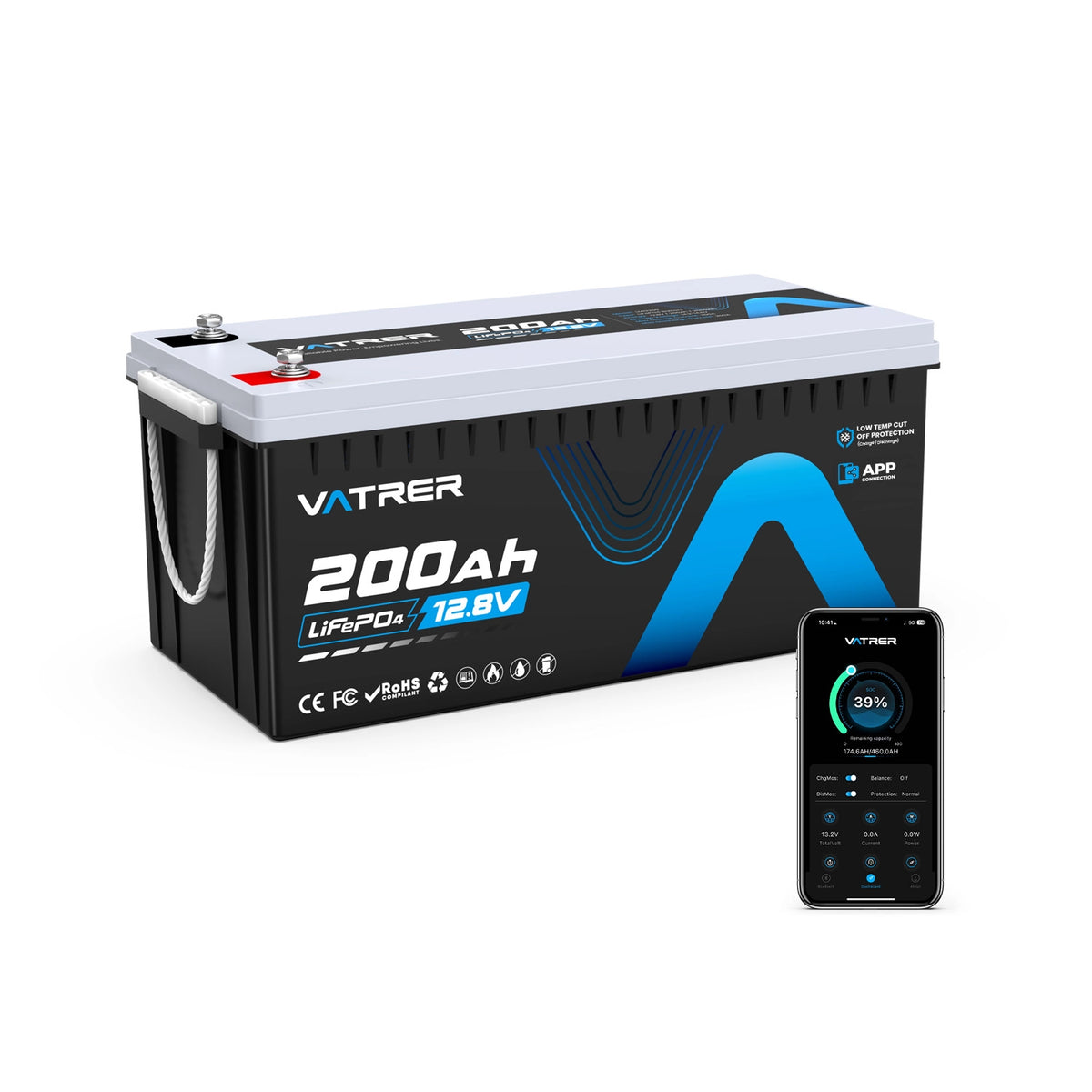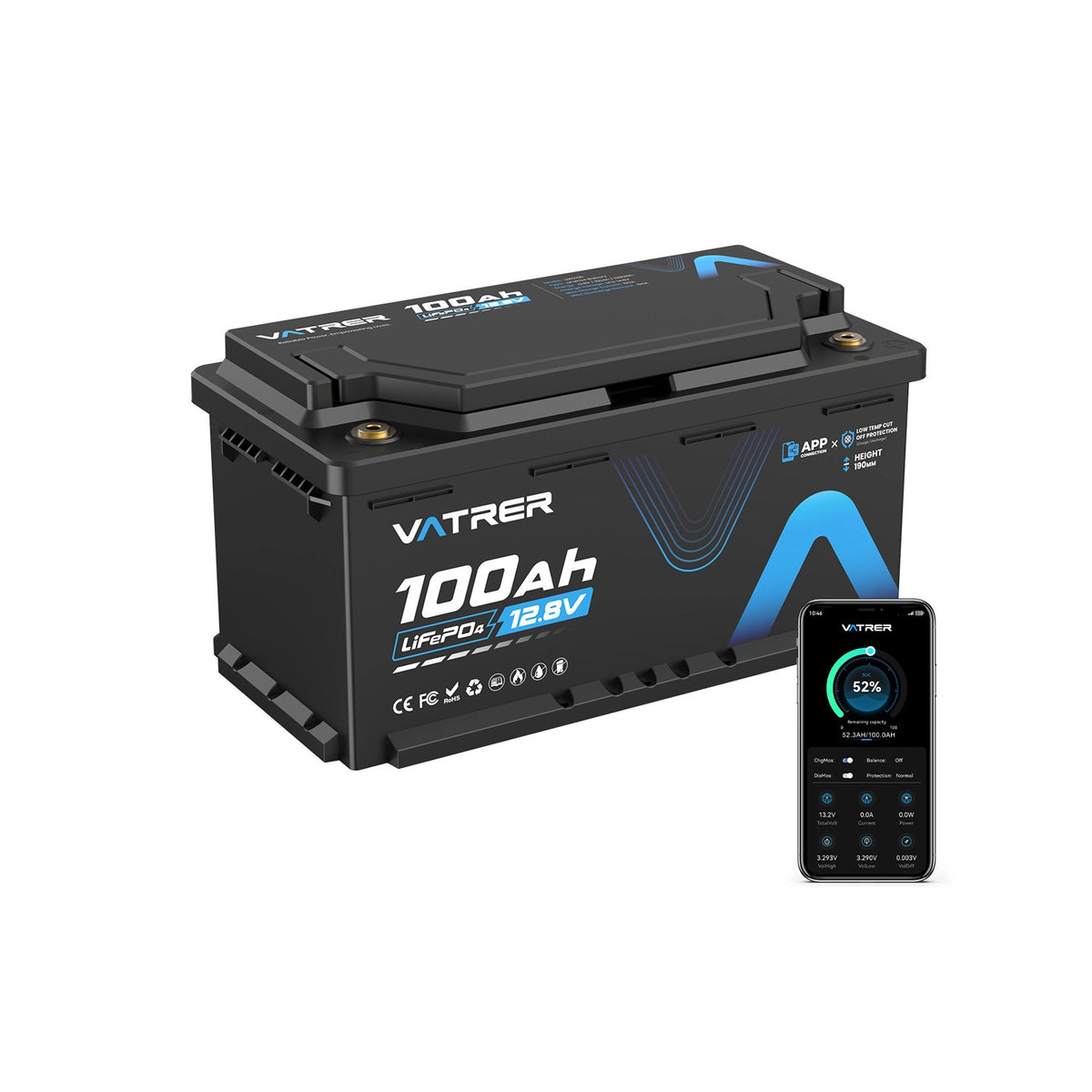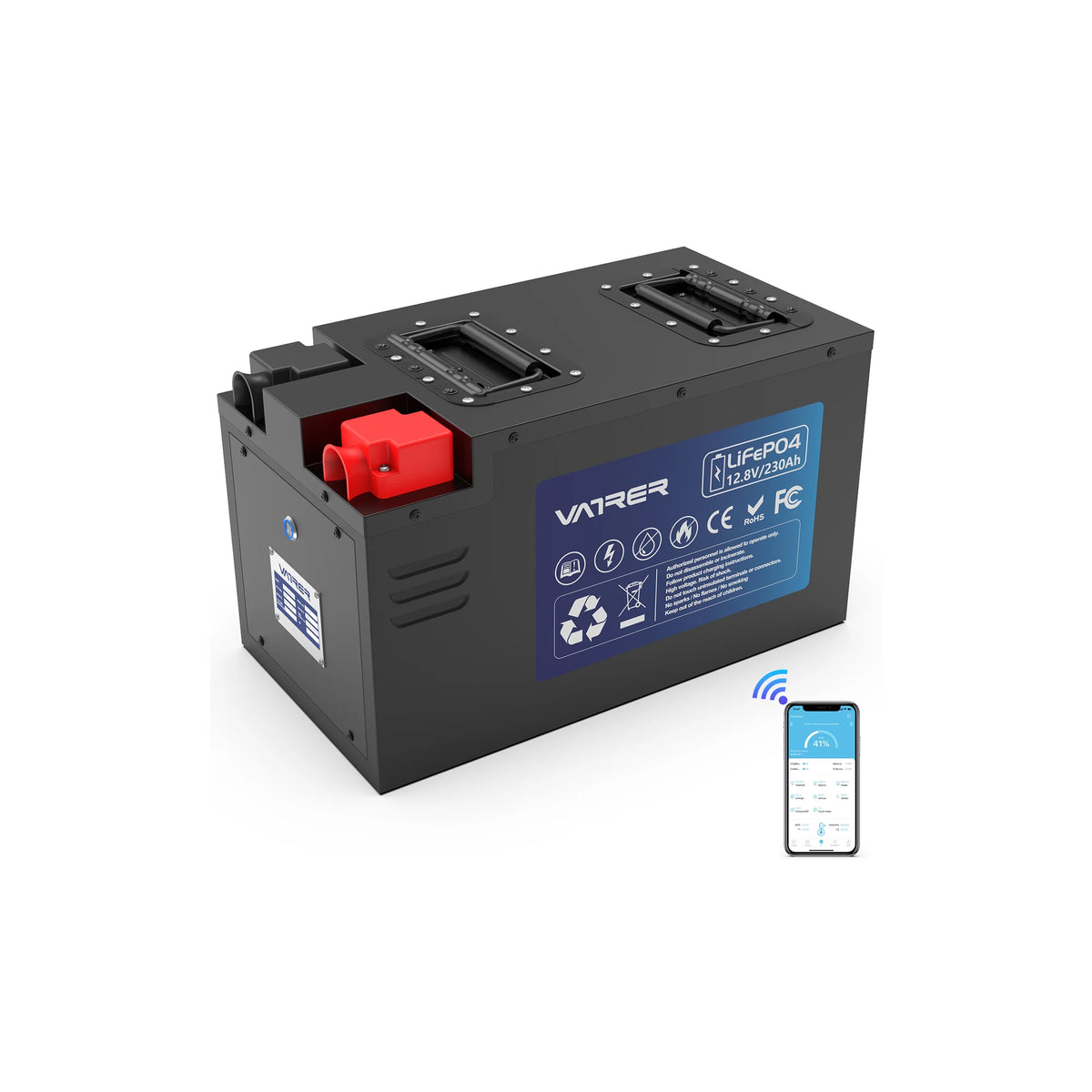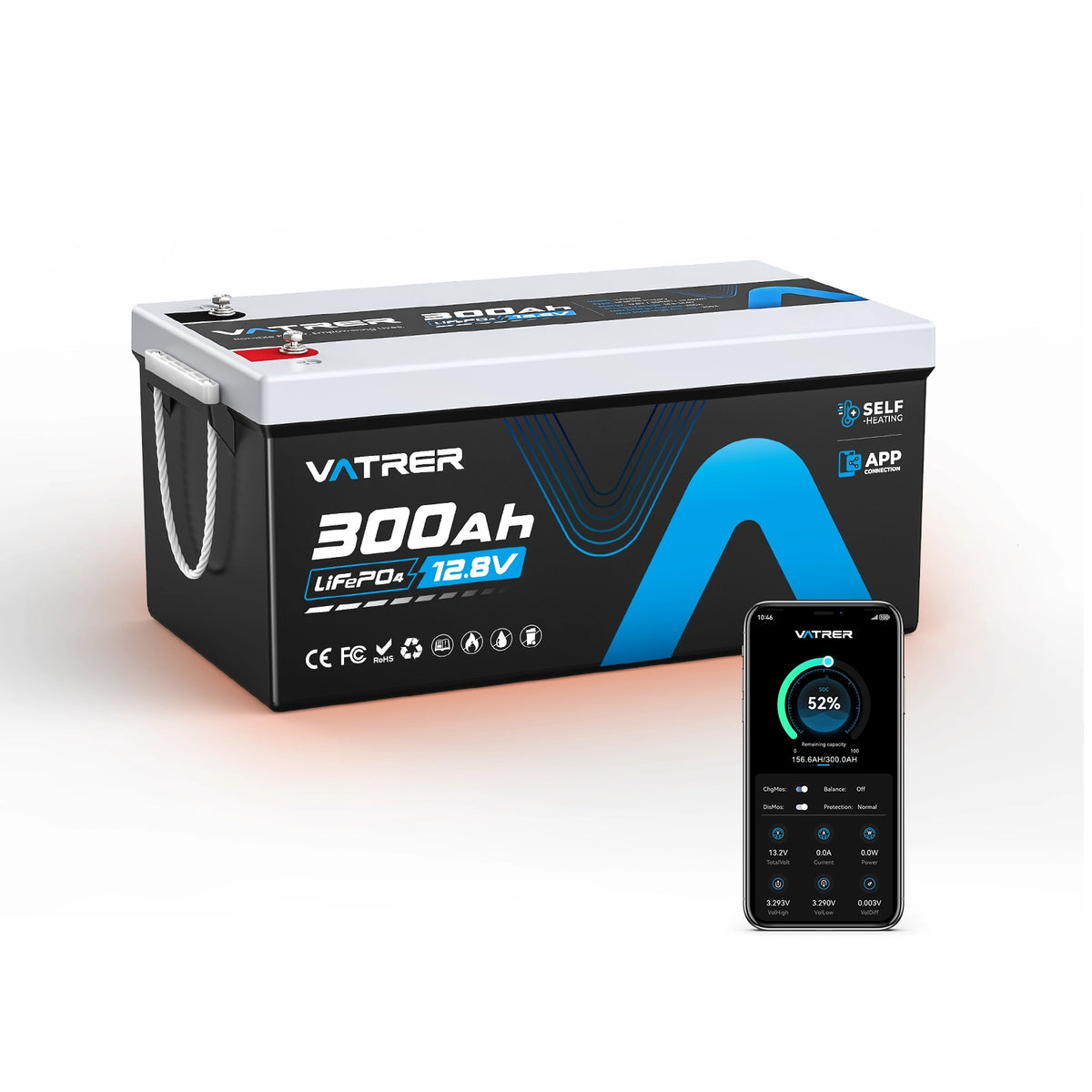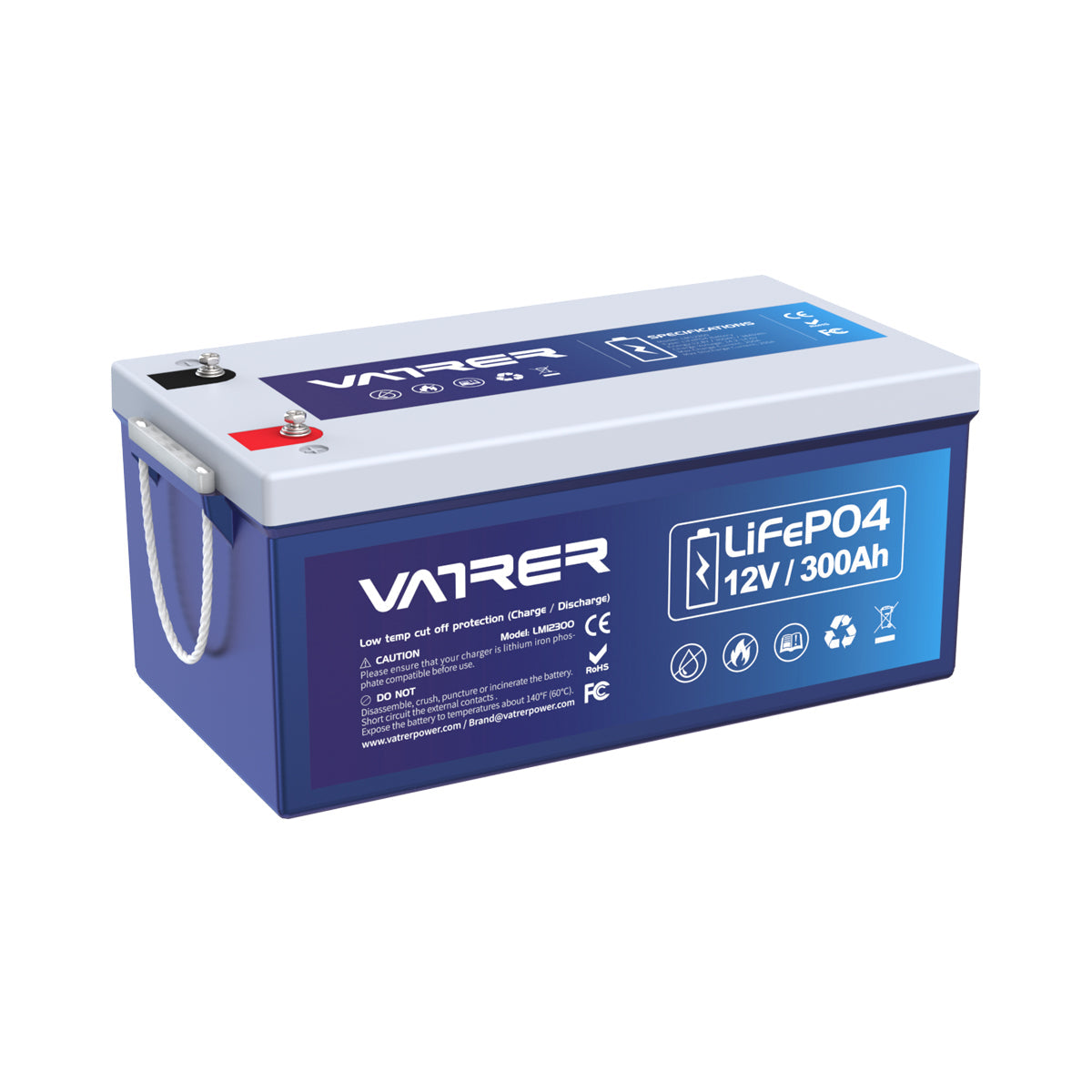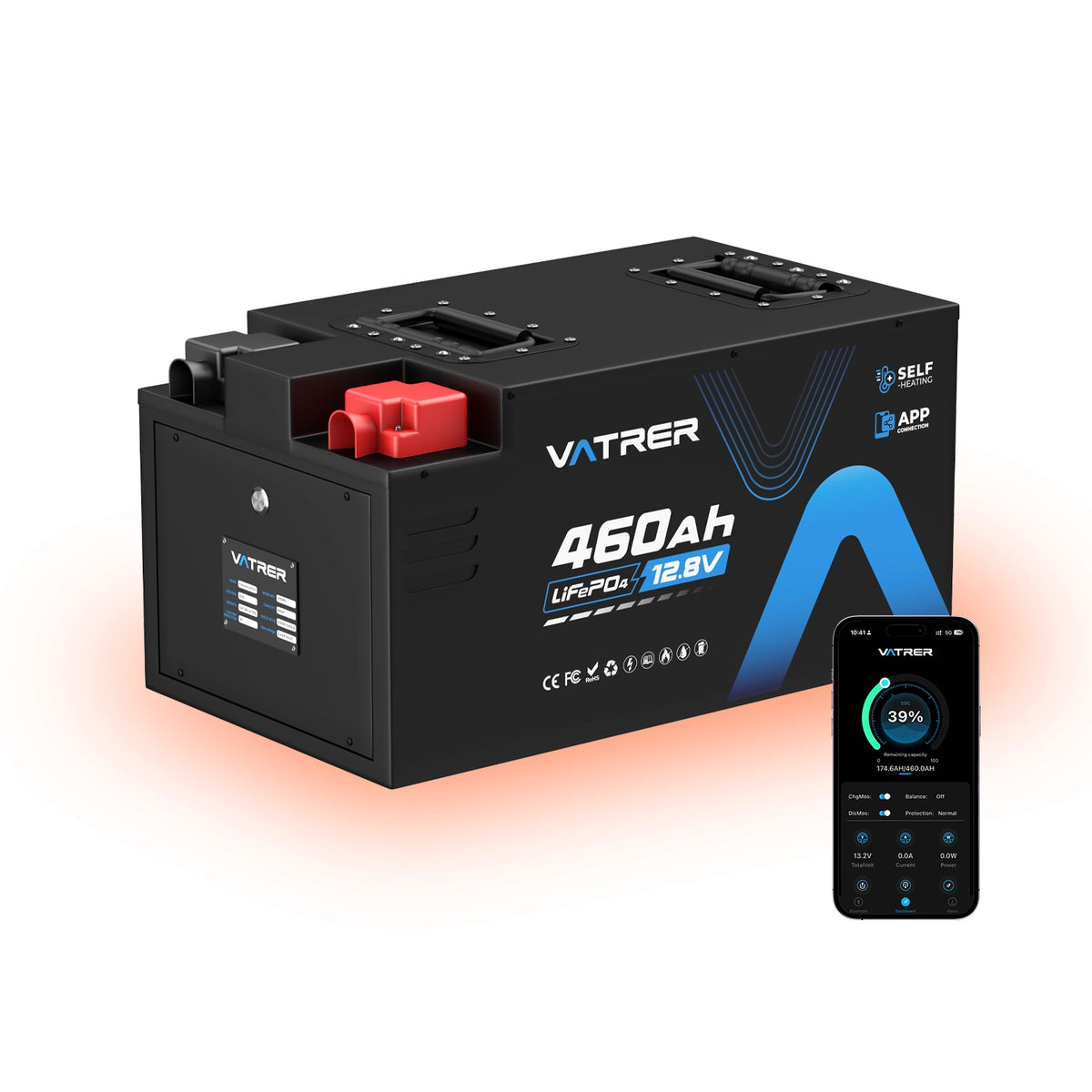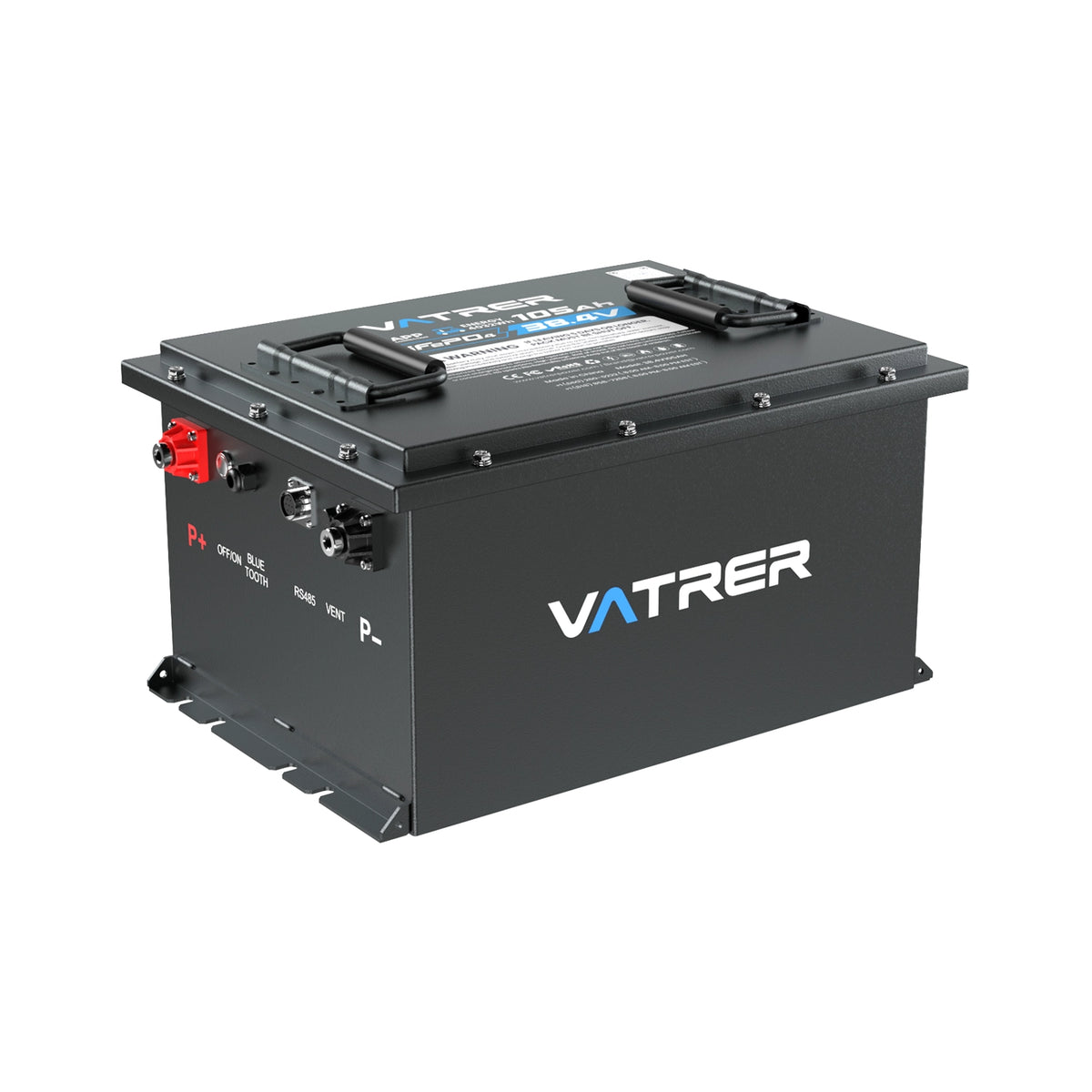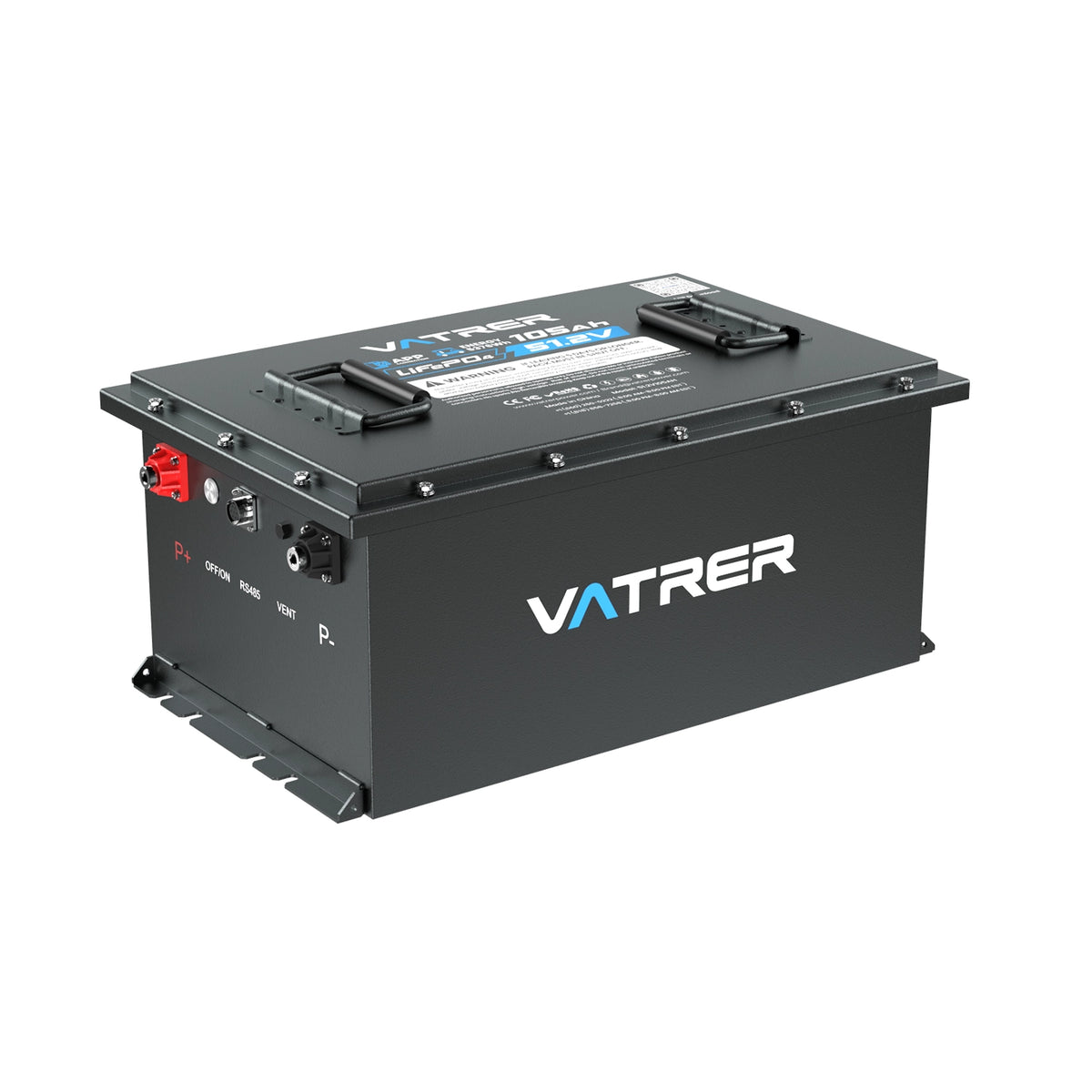In recent years, Lithium Iron Phosphate (LiFePO4) batteries have gained significant attention in various applications, from electric vehicles to renewable energy storage. This article explores the advantages and disadvantages of LiFePO4 batteries, helping you determine if they are the right choice for your needs.
What is LiFePO4?
Lithium Iron Phosphate (LiFePO4) is a type of lithium-ion battery that uses iron phosphate as the cathode material. Known for its stability and safety, LiFePO4 has become a popular choice for applications requiring reliable energy storage.
Key Characteristics of LiFePO4 Batteries
-
Safety: LiFePO4 batteries are less prone to thermal runaway compared to other lithium-ion batteries, making them a safer option.
-
Long Cycle Life: These batteries can endure thousands of charge and discharge cycles, significantly outlasting traditional lead-acid batteries.
-
Stable Performance: LiFePO4 batteries maintain consistent performance across a wide temperature range, ensuring reliability in various conditions.
Advantages of LiFePO4 Batteries
1. Enhanced Safety Features
LiFePO4 batteries are known for their thermal stability. Unlike other lithium-ion batteries, they do not catch fire or explode under extreme conditions, making them a safer choice for both residential and commercial applications.
2. Long Lifespan
With a cycle life of up to 5,000 cycles, LiFePO4 batteries can last significantly longer than lead-acid batteries, which typically last around 500-1,000 cycles. This longevity translates to lower replacement costs over time.
3. Environmentally Friendly
LiFePO4 batteries are less harmful to the environment compared to other battery types. They do not contain toxic heavy metals, making them easier to recycle and dispose of responsibly.
4. High Discharge Rates
These batteries can deliver high discharge rates, making them suitable for applications that require quick bursts of energy, such as electric vehicles and power tools.
Disadvantages of LiFePO4 Batteries
1. Higher Initial Cost
One of the main drawbacks of LiFePO4 batteries is their higher upfront cost compared to lead-acid batteries. However, the long-term savings from reduced maintenance and replacement costs can offset this initial investment.
2. Lower Energy Density
LiFePO4 batteries have a lower energy density compared to other lithium-ion batteries, meaning they store less energy for the same weight. This can be a limiting factor in applications where space and weight are critical.
3. Limited Availability
While the popularity of LiFePO4 batteries is growing, they may not be as readily available as other battery types, which can make sourcing them more challenging.
Applications of LiFePO4 Batteries
LiFePO4 batteries are versatile and can be used in various applications, including:
-
Electric Vehicles: Their safety and longevity make them ideal for electric cars and bikes.
-
Renewable Energy Storage: They are commonly used in solar energy systems to store excess energy for later use.
-
Backup Power Systems: LiFePO4 batteries provide reliable backup power for homes and businesses during outages.
Conclusion: Is LiFePO4 Worth It?
In conclusion, LiFePO4 batteries offer numerous advantages, including enhanced safety, long lifespan, and environmental friendliness. While they come with a higher initial cost and lower energy density, their long-term benefits make them a worthwhile investment for many applications. If you prioritize safety, longevity, and sustainability, LiFePO4 batteries are an excellent choice for your energy storage needs.






